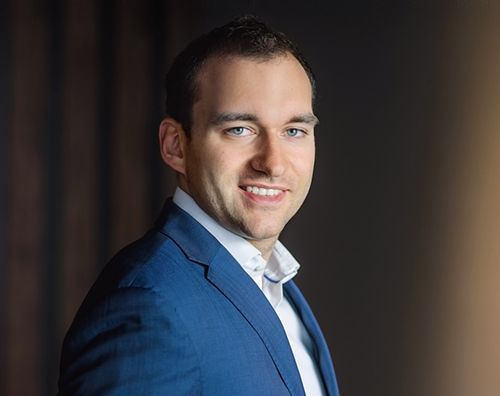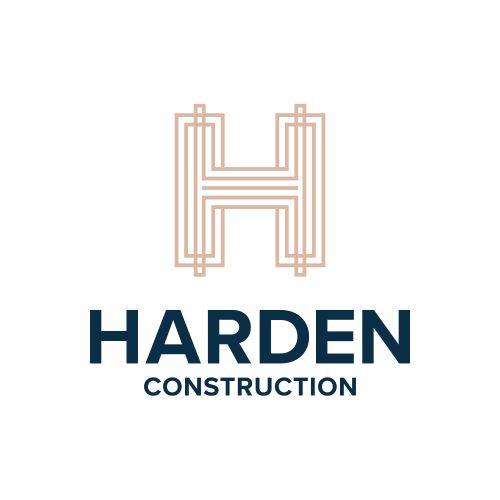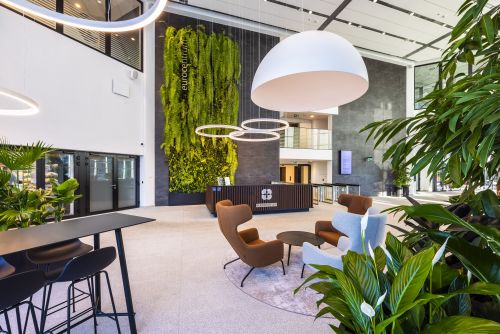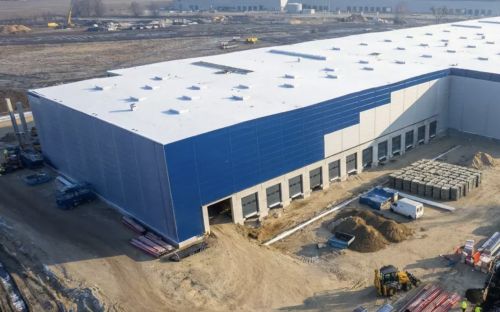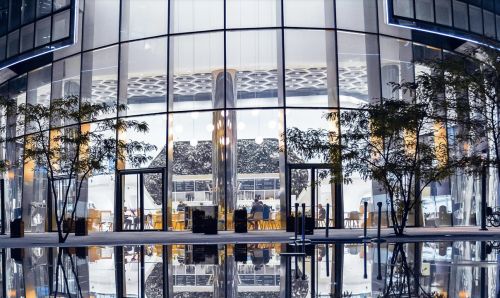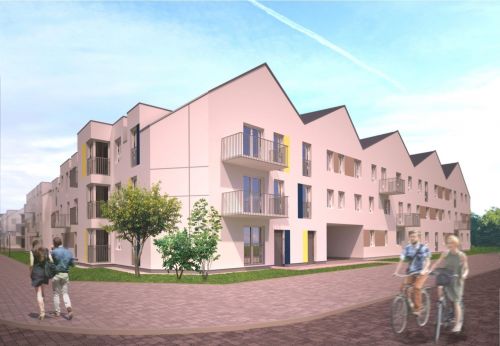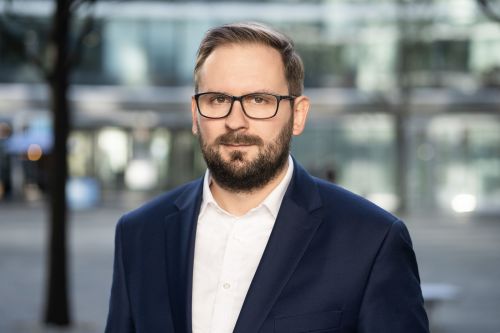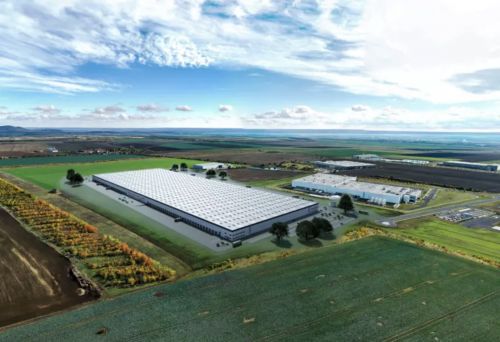Robert Jaś, vice-president of the management board of Metropolitan Investment: We build retail parks in towns with 20,000 to 100,000 inhabitants. We opened a retail park with a Lidl store in Wisła and a retail park in Biała Podlaska in November 2017. We have now taken over a project in Biłgoraj, which has 26,000 inhabitants, and we are working to develop it further. Over the next two years we intend to create 20 retail parks. We want Metro Park to also be a strong brand for tenants.
How big are the centres and how much capital commitment do they require?
These are projects in the order of 2,000-4,000 sqm of leasable space. You usually have to invest between PLN 15 and PLN 30 mln in this type of centre. We allow individual investors to purchase 5-10 pct stakes in the special purpose vehicles that develop such facilities. We keep a stake in every project. We see the development of our projects through from start to finish and stay with a 5-pct stake while managing the building at t
